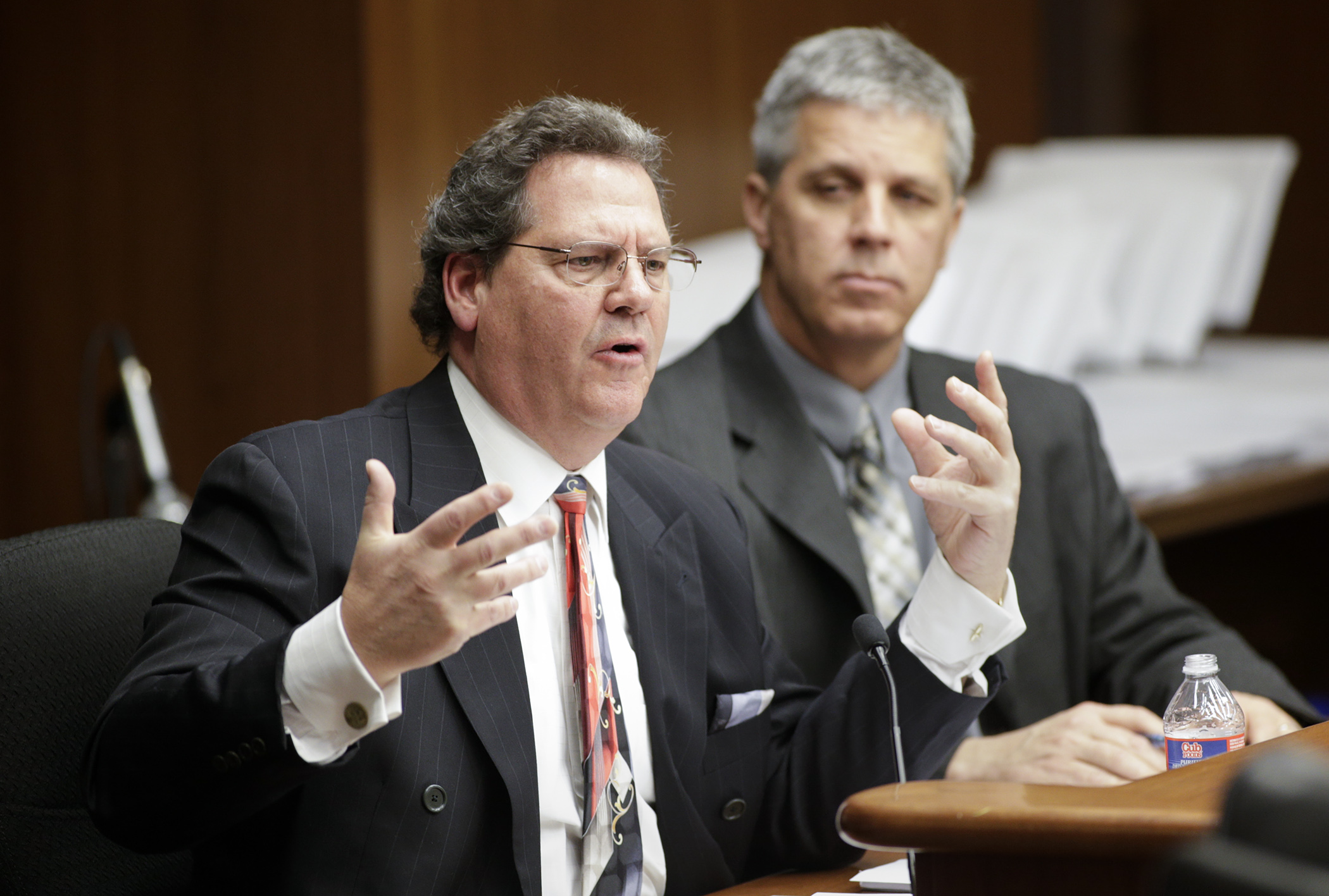Committee hears proposal to eliminate the state’s income tax

As mid-April draws near, Minnesota residents are faced with the deadline to file state income taxes. A bill held over by the House Taxes Committee Thursday, however, would make that process a thing of the past.
Sponsored by Rep. Steve Drazkowski (R-Mazeppa), HF2716 would eliminate the state’s personal income tax, corporate franchise tax and certain excise taxes and replace them with a broad sales tax, referred to by its sponsor as a “fair tax.”
The bill was laid over for possible omnibus bill inclusion. Its companion, SF2428, sponsored by Sen. Roger Chamberlain (R-Lino Lakes), awaits action by the Senate Taxes Committee.
The so-called “fair tax” would apply to personal consumption of almost all foods and services, including financial services, insurance premiums, purchases from government service enterprises and nonprofit fundraising sales. The Department of Revenue would determine the tax rate needed to make the new tax revenue-neutral.
The only exemptions from the expanded sales tax would be business inputs, education spending, purchases by nonprofits, investment purchases and purchases by the federal government or by state and local governments using federal funds.
The bill includes a monthly rebate issued to every taxpayer that is the average amount of sales tax charged to individuals who live at the poverty level.
“Fair tax” proponents claim it is simpler, equitable and more stable than Minnesota’s current system.
“The simpler the tax system, the more compliance we get,” said Dan Pilla, founder and director of the Tax Freedom Institute. And there’s nothing simpler than a comprehensive sales tax that’s assessed across the board on all consumption goods and services.”
But Rep. Paul Marquart (DFL-Dilworth) said the fair tax is regressive because low-income individuals typically spend a higher percentage of their income on basic consumer goods, making the tax more favorable to wealthy individuals.
“My biggest concern would be the fairness and the incidence,” Marquart said. “Right now the income tax is 53 percent of our state revenue’s progressive tax. What you’d be doing is eliminating that and replacing it with 100 percent regressive. Even with the credit that’s there, it would make us more regressive, quite a bit.”
The bill would not be effective until Jan. 1, 2020, in order to give the Revenue Department time to implement the tax changes.
Related Articles
Search Session Daily
Advanced Search OptionsPriority Dailies
Ways and Means Committee OKs proposed $512 million supplemental budget on party-line vote
By Mike Cook Meeting more needs or fiscal irresponsibility is one way to sum up the differences among the two parties on a supplemental spending package a year after a $72 billion state budg...
Meeting more needs or fiscal irresponsibility is one way to sum up the differences among the two parties on a supplemental spending package a year after a $72 billion state budg...
Minnesota’s projected budget surplus balloons to $3.7 billion, but fiscal pressure still looms
By Rob Hubbard Just as Minnesota has experienced a warmer winter than usual, so has the state’s budget outlook warmed over the past few months.
On Thursday, Minnesota Management and Budget...
Just as Minnesota has experienced a warmer winter than usual, so has the state’s budget outlook warmed over the past few months.
On Thursday, Minnesota Management and Budget...